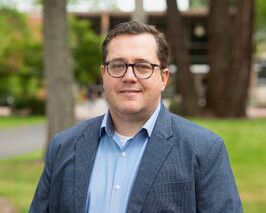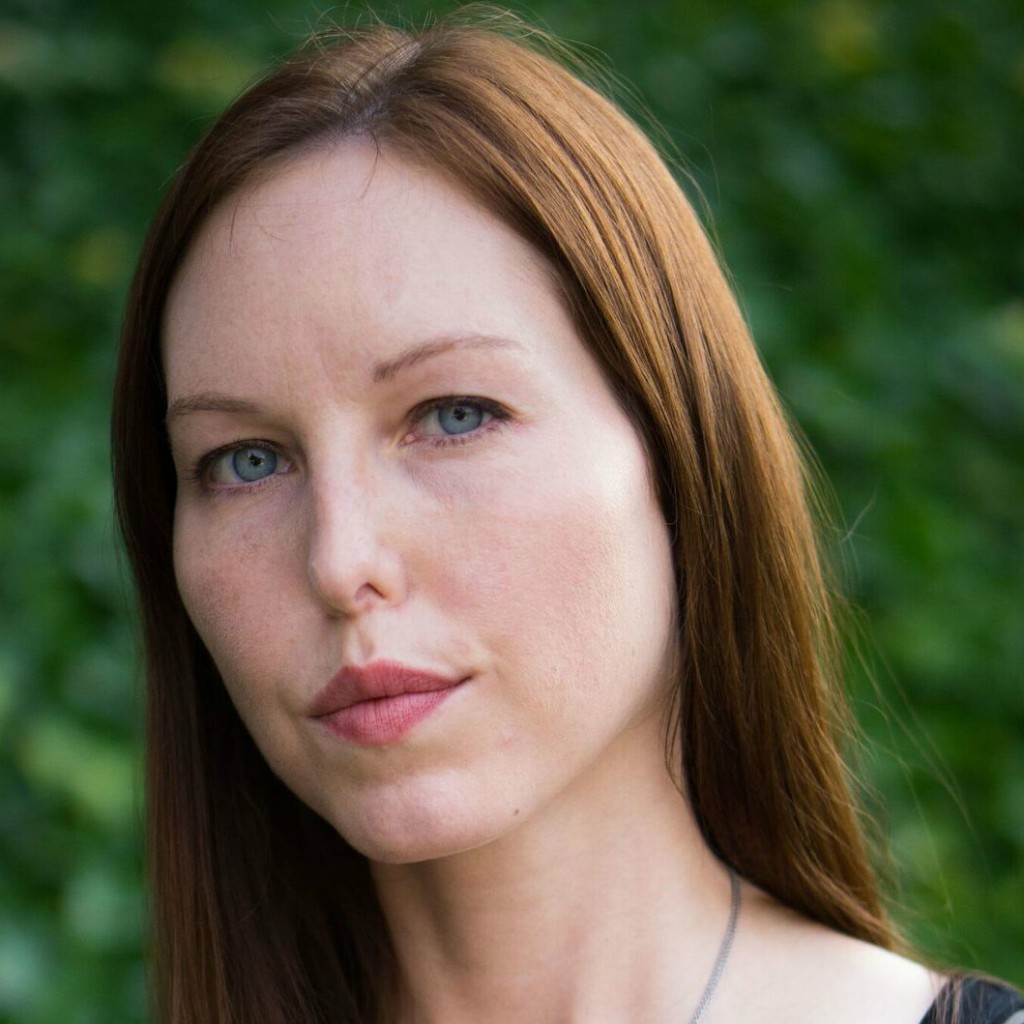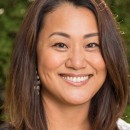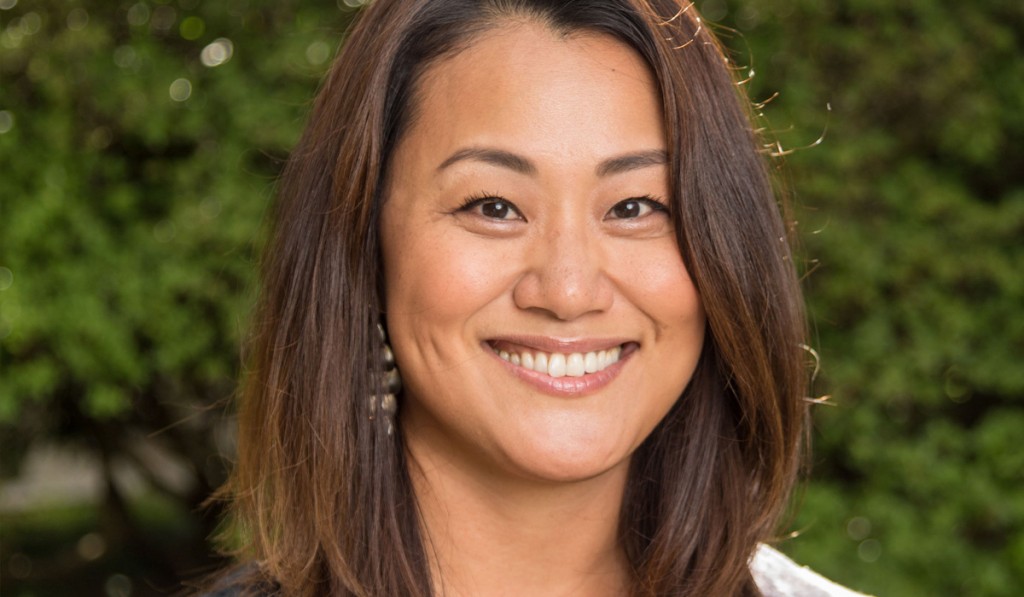Page 13 • (413 results in 0.016 seconds)
-

Assistant Professor of Education | School of Education | jwright@plu.edu | John Wright teaches special education methods courses, as well as courses in assistive technology, autism, and behavior management.
John Wright Assistant Professor of Education Email: jwright@plu.edu Professional Biography Education Ph.D., Special Education, Vanderbilt University, 2019 M.B.A., University of Illinois-Chicago, 1999 M.A., Modern Languages, University of Arizona, 1997 B.S., Math, University of Illinois-Urbana/Champaign, 1995 B.A., German, University of Illinois-Urbana/Champaign, 1995 Areas of Emphasis or Expertise Inclusive Instructional Practices for students with disabilities Autism Spectrum Disorder Early
Contact Information -
Speakers: Rev. Dr. Renate Wind and Rev. Dr. Mark Brocker When: Tuesday, Aug. 28 at 1 p.m. Where: CK Hall, Anderson University Center Free and open to the public
publicAbout the speakers Renate Wind is a Lutheran pastor who served as professor of biblical theology and church history at the evangelical university in Nurenberg. She is a well-known Bonhoeffer scholar and was awarded the prestigious German “Evangelical Book Award” in 1993 for her landmark biography, Dietrich Bonhoeffer: A Spoke in the Wheel. Dr. Wind has lectured extensively in Europe and North America; and has recently published her newest book, Being Christian in the Empire: Following Jesus as
-

Fiction | MFA in Creative Writing - Low Residency | April Ayers Lawson is the author of Virgin and Other Stories, which was named a Best Book of the Year by The Irish Times and Vice, and a Best Foreign Book of the Year by Spain’s Qué Leer Magazine. Virgin and Other Stories has been (or will be) translated into German, Spanish, Norwegian, and Italian. She has received The Plimpton Prize for Fiction, as well as a writing fellowship from The Corporation of Yaddo. Her fiction has appeared in The Paris Review, Granta, Die Welt, ZYZZYVA, and Oxford American, among others, has been cited as notable in Best American Short Stories, featured by Huffington Post, and anthologized in The Unprofessionals: New American Writing from The Paris Review. Her nonfiction has appeared in Der Spiegel, Granta, Vice, and Neue Zürcher Zeitung Magazine, and been named a Most Popular Read of the Year by Granta. She has taught in the creative writing programs at Emory University and the University Of North Carolina, Chapel Hill, and now teaches at Clemson University. Mentor. Workshops and classes in fiction. Statement: “The most important thing your writing can be is interesting. And by that I mean interesting to you, because when you’re deeply engaged in the process, the work sparks alive. This level of engagement involves writing into places you didn’t expect and opening to the risk of surprise.
April Ayers Lawson Fiction Biography Biography April Ayers Lawson is the author of Virgin and Other Stories, which was named a Best Book of the Year by The Irish Times and Vice, and a Best Foreign Book of the Year by Spain’s Qué Leer Magazine. Virgin and Other Stories has been (or will be) translated into German, Spanish, Norwegian, and Italian. She has received The Plimpton Prize for Fiction, as well as a writing fellowship from The Corporation of Yaddo. Her fiction has appeared in The
-

Associate Professor of Music - Voice | School of Music, Theatre & Dance | chosy@plu.edu | 253-535-7855 | Acclaimed by Opera News for her “potent” and “intense and incisive” stage presence, and praised by the Cincinnati Post as “regal in bearing, with vocal endowments to match,” lyric mezzo-soprano Soon Cho is an Associate Professor of Voice at Pacific Lutheran University.
/B.A., Voice, University of Washington, 1999 Responsibilities Applied voice lessons, vocal pedagogy, and French and German diction. Accolades 2013, Songfest Mentor Program, Colburn Conservatory of School 2012, Summer Faculty Institute, Baylor University 2012, Teaching Grant, Baylor University 2011, National Association of Teachers of Singing Intern Program Biography Acclaimed by Opera News for her “potent” and “intense and incisive” stage presence, and praised by the Cincinnati Post as “regal in
Office HoursMon - Fri: - -

Associate Professor of Music - Voice | Music | chosy@plu.edu | 253-535-7855 | Acclaimed by Opera News for her “potent” and “intense and incisive” stage presence, and praised by the Cincinnati Post as “regal in bearing, with vocal endowments to match,” lyric mezzo-soprano Soon Cho is an Associate Professor of Voice at Pacific Lutheran University.
/B.A., Voice, University of Washington, 1999 Responsibilities Applied voice lessons, vocal pedagogy, and French and German diction. Accolades 2013, Songfest Mentor Program, Colburn Conservatory of School 2012, Summer Faculty Institute, Baylor University 2012, Teaching Grant, Baylor University 2011, National Association of Teachers of Singing Intern Program Biography Acclaimed by Opera News for her “potent” and “intense and incisive” stage presence, and praised by the Cincinnati Post as “regal in
Office HoursMon - Fri: - -

By Zach Powers PLU Marketing & Communications TACOMA, WA (Jan. 15, 2015)— The Garfield Book Company at Pacific Lutheran University will host Seattle-based novelist Tracy Weber on Friday, Feb 6, at 6 p.m. Weber will read from her new novel, A Killer Retreat , the…
yoga teacher, Kate, and her feisty German Shepherd . Weber will lead a yoga class for PLU students and others following the reading. A Killer Retreat finds Kate teaching yoga at a vegan retreat center when a wedding guest at the center is found dead shortly after a loud and public fight with Kate. Kate must try to solve the murder before the police put her behind bars as their number-one suspect. “Weber’s vegan yoga teacher is a bright, curious sleuth with a passion for dogs,” said Krista Davis
-
News for Pacific Lutheran University.
Language Placement Evaluation If you’re planning on taking any of the following languages, then you’ll need to complete the Language Placement Survey (even if you haven’t studied the language before) at least a week before your New Student Registration appointment. Chinese French German Greek Latin Norwegian Spanish Southern… May 27, 2020
-
News for Pacific Lutheran University.
Language Placement Evaluation If you’re planning on taking any of the following languages, then you’ll need to complete the Language Placement Survey (even if you haven’t studied the language before) at least a week before your New Student Registration appointment. Chinese French German Greek Latin Norwegian Spanish Southern… May 27, 2020
-
News for Pacific Lutheran University.
Language Placement Evaluation If you’re planning on taking any of the following languages, then you’ll need to complete the Language Placement Survey (even if you haven’t studied the language before) at least a week before your New Student Registration appointment. Chinese French German Greek Latin Norwegian Spanish Southern… May 27, 2020
-
News for Pacific Lutheran University.
Language Placement Evaluation If you’re planning on taking any of the following languages, then you’ll need to complete the Language Placement Survey (even if you haven’t studied the language before) at least a week before your New Student Registration appointment. Chinese French German Greek Latin Norwegian Spanish Southern… May 27, 2020
Do you have any feedback for us? If so, feel free to use our Feedback Form.


